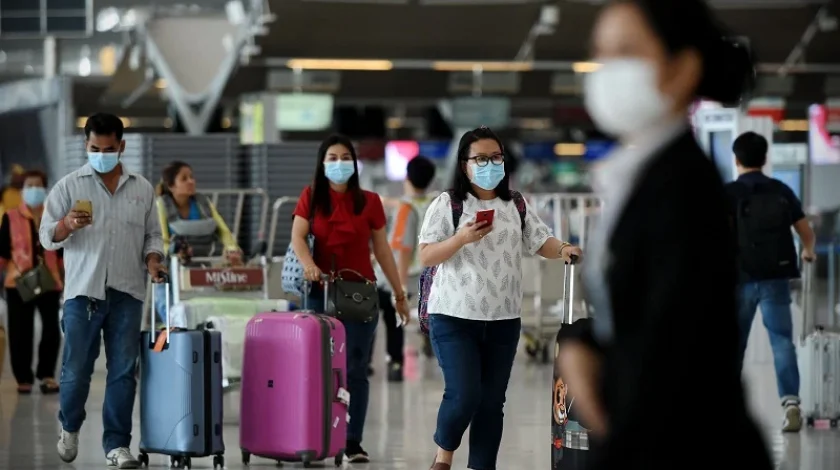On 1 February 2020, the Australian Government announced that Australia would be closing its borders to all travellers (except Australian citizens, permanent residents and their immediate family members) who had been in mainland China on or after 1 February 2020, including those who had transited through China on or after 1 February 2020.
This has caused enormous disruption, particularly to the many Chinese international students who were studying in Australia and had gone home to China for the Chinese New Year celebrations and to those who were due to commence their studies in Australia and are now unable to enter Australia.
Individuals on Australian visas from other countries aside from China may also be affected, if they have holidayed or transited through mainland China recently.
How long is the ban?
Individuals affected by the ban will not be allowed to travel to Australia until 14 days after they have left, or transited through, mainland China. This appears to suggest that travel plans will merely be delayed by 14 days as affected individuals wait out the required 14 day period. However, the Department of Home Affair’s current advice is that if you are not an Australian citizen or permanent resident, or the immediate family member (spouse, minor dependents and legal guardians) of an Australian citizen or permanent resident, you should not attempt to travel to Australia until these travel bans have been lifted. Further, the Department has stated that individuals who have been granted a temporary visa who are affected by these travel bans, will have their visas cancelled. The Department has also stated that arrangements will be made to reinstate these cancelled visas as appropriate, following the lifting of these travel bans.
However, it is unclear what these reinstatement arrangements will look like, how swiftly the cancelled visas will take to be reinstated, and what the impact will be on the visa holder, for having a cancelled visa against their visa history.
How will my visa be affected?
For those on temporary visas who are currently in Australia, and who were not in or transiting through mainland China on or after 1 February 2020, their visas will not be affected.
However, for those on temporary visas who are not currently in Australia, and who were in or transiting through mainland China on or after 1 February 2020, it appears that the Department will move to cancel those visas. This suggests that those on student visas or work visas like the 457 or 482 visa, who are affected by these bans, could have their visas cancelled, and later reinstated once the travel bans have been lifted.
If the visas are not cancelled, the visa holder may nonetheless become in breach of their visa conditions if required to stay for an extended period of time, outside of Australia. For example, student visa holders must be enrolled in a full time course and must continue to meet the requirements for enrolment, which could have attendance requirements. Failure to meet the enrolment requirements could lead to a breach of the student visa conditions. International students affected by these travel bans should contact their education institution to determine what support those institutions can provide for students affected by the travel bans.
Similarly, work visa holders such as those on a 482 visa, are required to ensure that they do not cease work for a period of more than 60 continuous days. This does not include period of paid leave. However, if the ban lasts more than three months, or the employee ends up being on unpaid leave for more than three months, this could become an issue.
If a visa holder is considering applying for another Australia visa in the future, whether as part of another temporary visa application or permanent residency application, having a history of having been in breach of a visa condition, or having a visa cancelled may affect future visa prospects.
Those affected by the travel bans should remain vigilant about checking for updates and information provided by their educational institutions and the Department of Home Affairs.
If you need assistance with a visa application or cancellation, please do not hesitate to contact our Employment Lawyer, Lisa Qiu.














